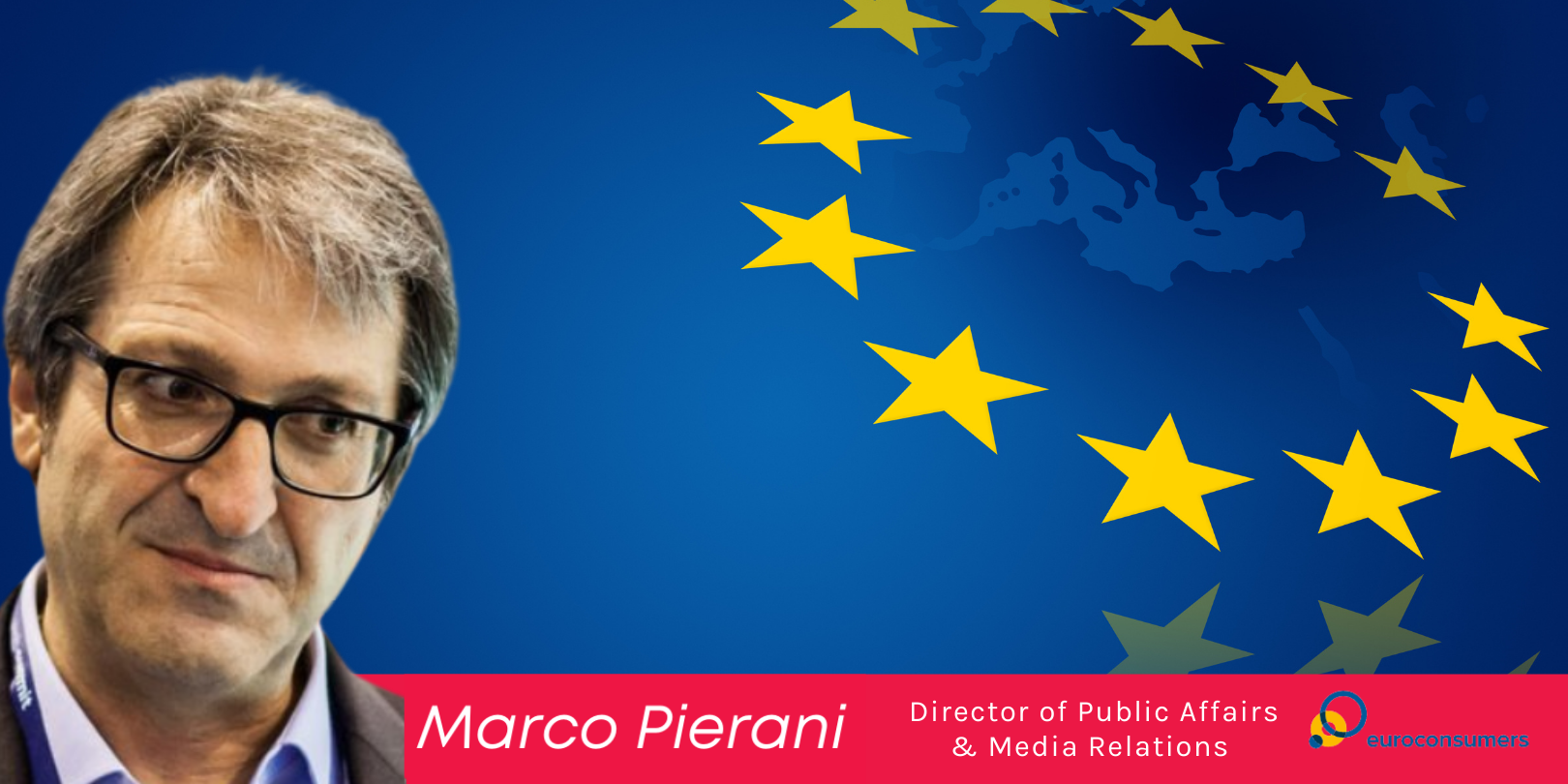We stand for more Europe, not less

We live without doubt in special and unstable times. After two years of the pandemic, with inevitable heavy economic repercussions, we were finally seeing the first signs of hope. Then, almost as if in a nightmare, we were plunged back into the horrors of war in Europe – which we believed to be relegated to the distant past, and which seriously calls our future into question.
My thoughts and full solidarity go to the Ukrainian people, who are fighting for their country and for their freedom, with such courage that they have won the attention and support of the entire world. They have surprised the unjustifiable aggressors, who are now also guilty of horrible and hateful war crimes, deserving our strongest condemnation.
But there is much more to reflect about in this war which, by directly questioning our fundamental rights as Europeans as well as all the comforts we take for granted, opens up scenarios against which we find it very difficult to take measures and which could prove fatal to our society.
Last week some light was shed on this dilemma by the Italian Prime Minister Mario Draghi. In responding to a journalist who was pressing him on the position of the Italian government regarding the possible enlargement of EU sanctions against Russia towards an embargo of gas imports, to force Putin to cease hostilities in Ukraine, he replied “We go with what the European Union decides, if they propose an embargo on gas and if the European Union is uniform on this, we will be happy to follow whatever instrument we consider most important and most effective to allow for peace” and, moreover: “We wonder if the price of gas can be traded for peace … What do we prefer to have peace or be at ease with air conditioning on? ”
We need to be very frank and direct: peace is in all respects a necessary precondition both for the maintenance of an advanced consumer society, with all the consequent comforts and conveniences to which we are used to in the Western world and for the development of civil rights, including those consumerist battles aimed at rebalancing the power between citizens/consumers and businesses within a fairer market, through the levers of legislation, enforcement and open dialogue with responsible market players.
Without a stable and lasting peace, as we have experienced in Europe from the post-war period, with the only exception the Balkan crisis at the end of the last century, everything that we more broadly refer to as the concept of consumerism could not continue, in the forms known to us.
The global and pervasive dimension of the pandemic and the serious issues related to climate change, have provoked not at all obvious reactions from the institutions of the European Union that, even if not without errors, proved to be substantially fair and received large support from EU citizens. A newfound European confidence has been found, thanks also to the values that have accompanied the pursuit of EU policies in the domain of health and safety, protection of the environment and future generations, and new energy sources. Exactly in the same way as we do now in the face of war and the related energy crisis – we expect more of Europe, not less. A Europe that should be more harmonious and firmer on its positions, which does not shy away from the challenge of delivering a strong unitary political line in these challenging times. In this light the reference in the last European Council conclusions to voluntary joint gas purchasing is an important and promising first step towards an EU common energy policy for gas, now more necessary than ever to effectively tackle the energy crisis as argued for by Euroconsumers in its recent letter.
The EU undoubtedly needs to urgently diversify its gas supply away from Russia. This will require spending – for example, on LNG regasification infrastructure and the acceleration of the green transition. We need to move quickly now to bring more renewable energy into production. Moreover, to prevent further energy poverty, the EU institutions will need to intervene with extraordinary measures to support national governments to step up the energy subsidies that are already in place, in order to make domestic heating and electricity accessible to a growing number of families. Unfortunately, the Russian-Ukraine crisis will not be resolved before next winter.
This is the moment for the European Union to concretely exercise its leadership, and it applies not only to EU institutions and politicians, but also to responsible companies and consumer organisations which intend to seize the unique opportunity to rebuild our economy and society in a more sustainable and responsible way after Covid-19, and despite the terrible threat of war. We should therefore claim, with the full respect of fundamental civil rights and those aspects related to our advanced consumption society, as characteristics to be safeguarded and to be proud of, hand in hand with the new impetus towards sustainability and environmental protection. We should exercise as individuals and society our fundamental rights to guarantee that in the middle and long term our own rights and comforts are maintained and expanded to a larger number of people all around the world.
To conclude, we wish for peace to be re-established as soon as possible. As a consumer organisation, we will also work to help all consumers in these times, so that they may air condition their house in summer, and heat it in the winter, along with other consumer necessities.

